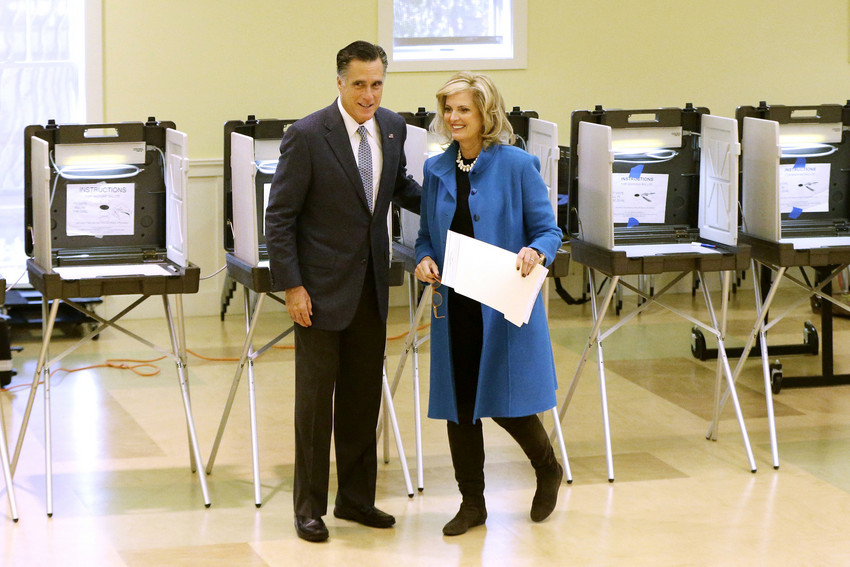Presidential campaigns end in candidates’ political home towns
By Tony Arnold

Presidential campaigns end in candidates’ political home towns
By Tony Arnold
Illinois’ 20 electoral votes are likely a lock for Democratic President Barack Obama. He and his Republican opponent, former Massachusetts Gov. Mitt Romney, have hardly campaigned in the state except for a few stops to raise money or, in the president’s case, to cast an early ballot.
As the Obama campaign did in 2008, it located its headquarters in downtown Chicago, bringing in volunteers to call potential voters in other states that have been more competitive this election cycle. The candidates have also held many of their rallies in those same states, including those bordering Illinois, like Wisconsin and Iowa.
Unlike 2008, Mr. Obama’s campaign will be hosting its election night rally at McCormick Place in Chicago’s South Loop. When Mr. Obama won the presidency, he filled Chicago’s Grant Park with energetic supporters who celebrated his victory on the streets of the city on an unseasonably warm November night. This time, Mr. Obama’s campaign opted to hold the event indoors at the South Loop convention center, limiting its attendance to those who have done work for the campaign.
Meantime, Romney has largely spent his time in the heavily Democratic city of Chicago to raise money. Romney is scheduled to spend election night in Boston. As recently as last week, businessman Ron Gidwitz hosted a fundraiser at his Chicago home, hoping to bring in $2 million for the Romney campaign. The chairman of Romney’s Illinois campaign, Republican state Treasurer Dan Rutherford, has said he’s been touring the state to help his candidate for president.
“It also helps lift all spirits, lift all votes for the candidates for county boards and for the United States Congress and the legislature,” Rutherford said.
Even though the candidates have not spent much time in Chicago, voters have still seen plenty of them in TV and radio ads in the rather expensive Chicago media market. Super PACs have bought ad time for the candidates, but they’ve largely focused on candidates from Chicago suburbs running for the U.S. House of Representatives. In all, six House seats in Illinois have been targeted as being competitive between the Democratic and Republican candidates.
The bombardment of ads and the traffic jams caused by the president’s motorcade haven’t seemed to diminish excitement for Mr. Obama in his home neighborhood on Chicago’s South Side. A crowd of more than 100 people showed up to try to see the president cast his ballot early in the Kenwood neighborhood, even though they were kept at a distance and behind metal barriers for security reasons. Among the crowd was Teddy White, who turned out to try to catch a glimpse of the president.
“This is the history; the next four years, if he makes it, is, kind of, the end,” White said.